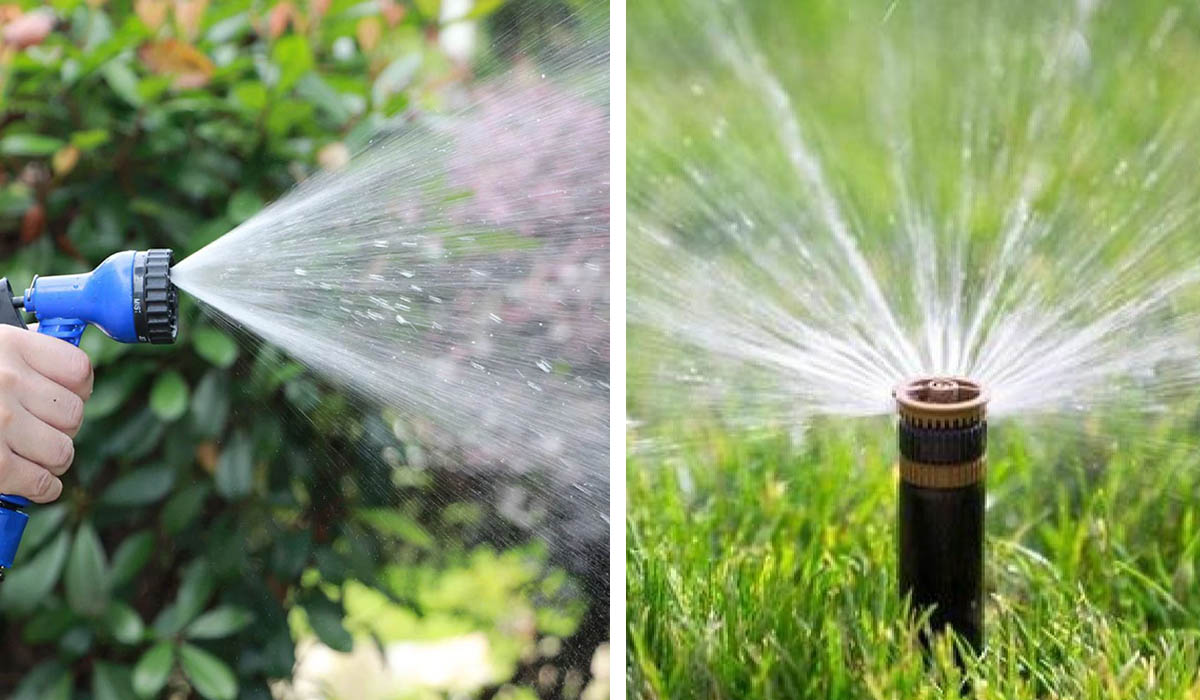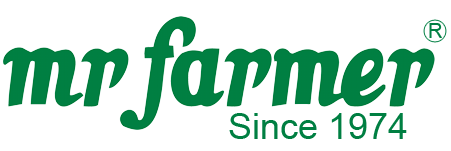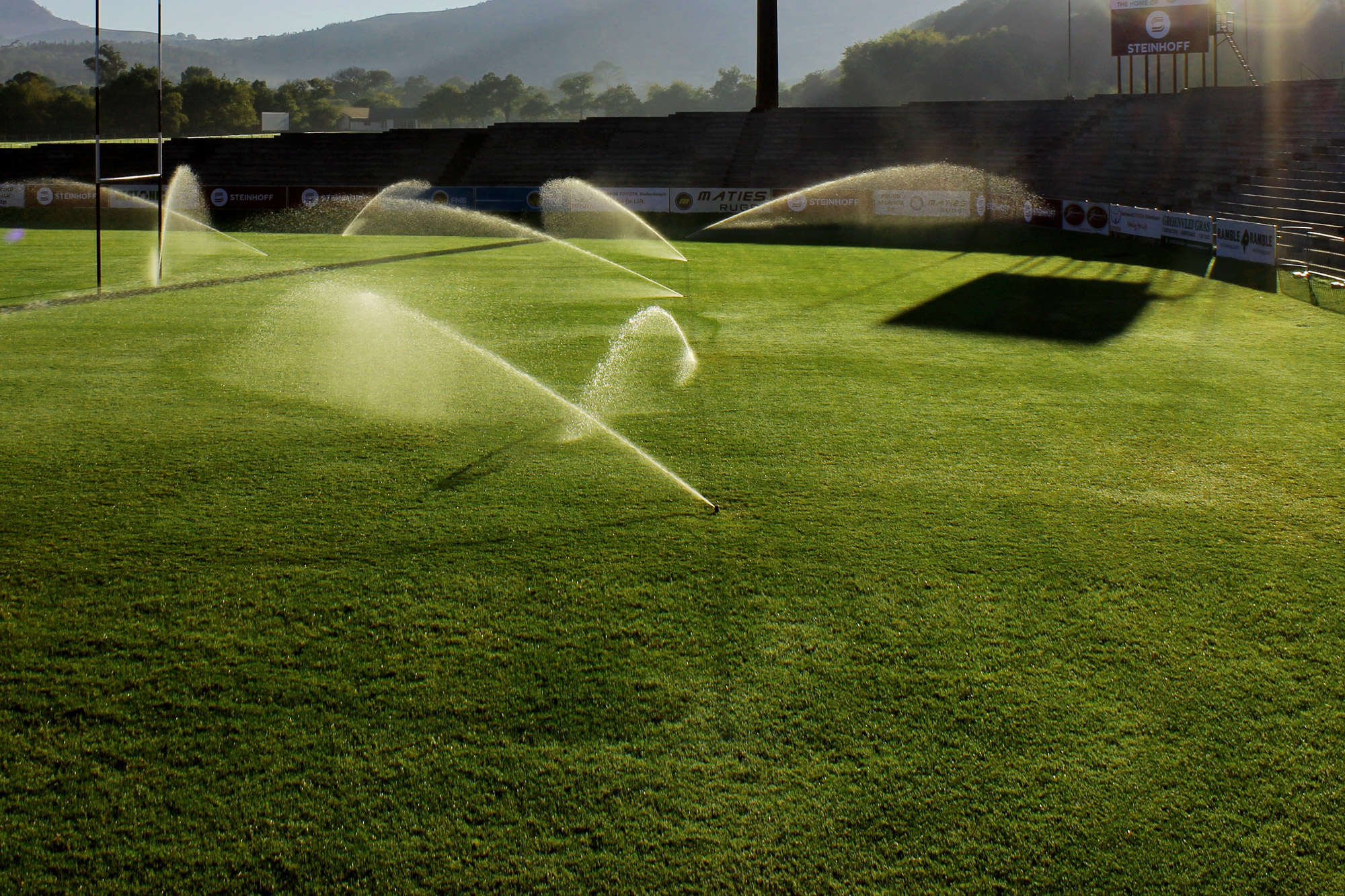
To compare manual watering by a hose pipe and irrigation systems, let’s examine their advantages and disadvantages:
Manual Watering by Hose Pipe:
Advantages:
Low Initial Cost: Manual watering with a hose pipe requires minimal investment. All you need is a hose and nozzle, which can be relatively inexpensive.
Simple and Flexible: Manual watering allows you to have more control over where and how much water is applied. You can easily adjust the water flow and target specific plants or areas as needed.
Suitable for Small Gardens: Manual watering is practical for small gardens or potted plants where the water requirements are minimal, and there are fewer plants to water.
Disadvantages:
Time-Consuming: Watering a larger garden manually can be time-consuming and labor-intensive, especially during hot weather or if you have numerous plants.
Inconsistent Watering: It can be challenging to ensure even and consistent watering across the entire garden, leading to overwatering or underwatering certain areas.
Water Waste: Without careful monitoring, manual watering can result in water wastage as it is easy to forget to turn off the hose after watering.
Limited Automation: Manual watering does not offer automation or scheduling features, which means you need to be present to water the garden regularly.
Irrigation Systems:
Advantages:
Efficiency and Time-Saving: Irrigation systems are automated, saving you time and effort. Once set up, they water your garden according to pre-defined schedules.
Consistent Watering: An irrigation system provides even and precise watering, ensuring each plant receives the right amount of water.
Water Conservation: Many irrigation systems are designed to be water-efficient, reducing water wastage and promoting sustainable gardening practices.
Better Plant Health: Controlled and consistent watering from irrigation systems promotes healthier plant growth, reducing the risk of overwatering or underwatering.
Flexibility and Customization: Irrigation systems can be tailored to meet specific garden needs with adjustable schedules and zoning for plants with varying water requirements.
Rain Sensing and Smart Features: Advanced systems can incorporate rain sensors and smart controllers, preventing watering during rainy periods and adapting to changing weather conditions.
Disadvantages:
Higher Initial Cost: The installation and setup of an irrigation system can be more expensive than manual watering with a hose pipe.
Maintenance Requirements: Irrigation systems require occasional maintenance, such as checking for clogs or leaks, which may require some technical knowledge.
Complexity: Setting up an irrigation system can be more involved, especially for larger gardens or complex landscapes.
Conclusion:
In summary, while manual watering by a hose pipe can work well for small gardens or when you have a limited number of plants, an irrigation system offers significant advantages for larger gardens or landscapes. Irrigation systems are more efficient, save time, conserve water, and promote healthier plant growth. Despite the higher initial investment and occasional maintenance requirements, many gardeners find the long-term benefits of irrigation systems to be well worth it, especially for maintaining a thriving and sustainable garden with minimal effort

